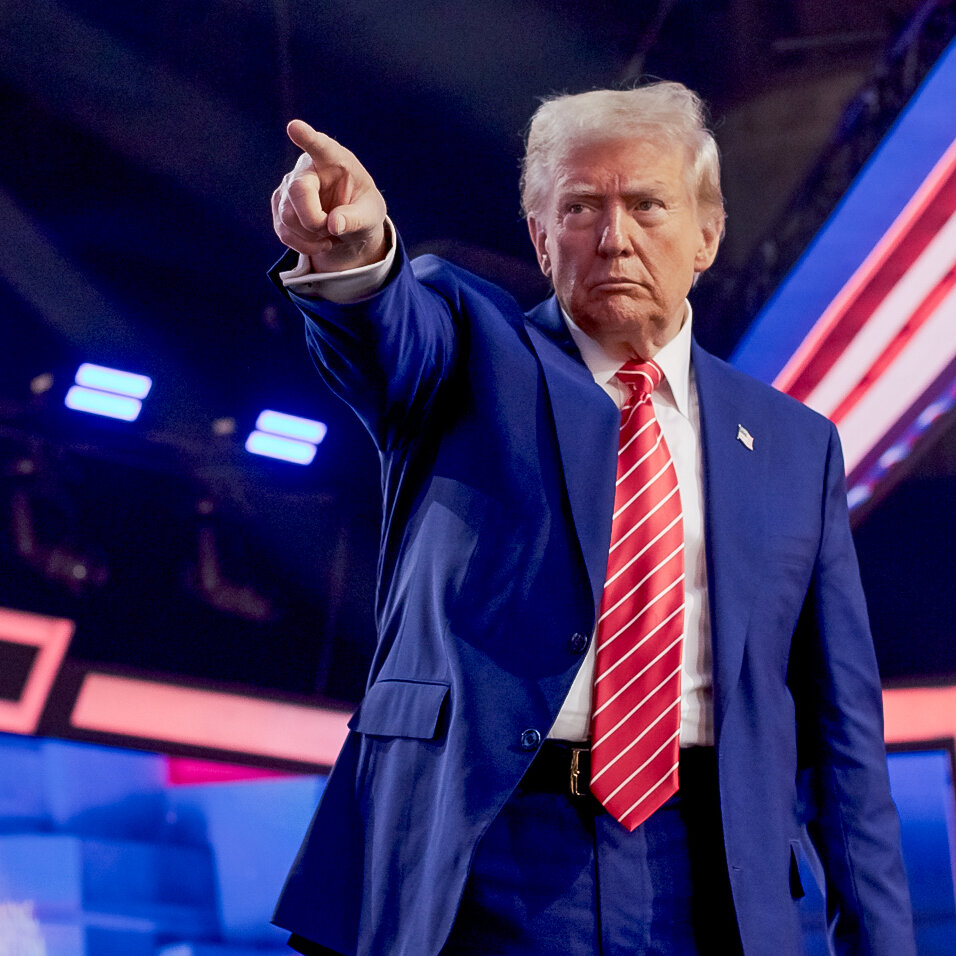President-elect Donald Trump has issued an ultimatum to the European Union (EU), demanding that the bloc significantly increase its imports of American oil and gas to address the trade imbalance between the two economies. In a post on his social media platform, Truth Social, Trump stated, “I told the European Union that they must make up their tremendous deficit with the United States by the large scale purchase of our oil and gas. Otherwise, it is TARIFFS all the way!!!”
This demand comes despite the EU already being a substantial consumer of U.S. energy exports. In the first quarter of 2024, the United States supplied 47% of the EU’s liquefied natural gas (LNG) imports and 17% of its oil imports. However, the EU’s existing energy infrastructure and long-term contracts with other suppliers may limit its capacity to rapidly increase imports from the U.S. Additionally, the EU has been actively diversifying its energy sources to enhance energy security, especially in light of geopolitical tensions.
Olof Gill, a spokesperson for the European Commission, expressed the EU’s openness to discussing energy cooperation with the incoming U.S. administration, stating, “We are always open to discuss ways to enhance our energy cooperation with the United States.” Trump’s threat to impose tariffs aligns with his broader “America First” trade policy, which aims to reduce trade deficits by encouraging the purchase of American goods and penalizing countries that maintain trade surpluses with the U.S. This approach has raised concerns among economists and policymakers about potential trade wars and the implications for global economic stability.
The EU, comprising 27 member states, does not centrally manage energy procurement, as individual countries and private companies negotiate their own energy contracts. This decentralized structure could complicate any coordinated effort to increase imports of U.S. oil and gas in response to Trump’s demands. As the inauguration approaches, it remains to be seen how the EU will respond to this ultimatum and what impact it may have on transatlantic trade relations.





